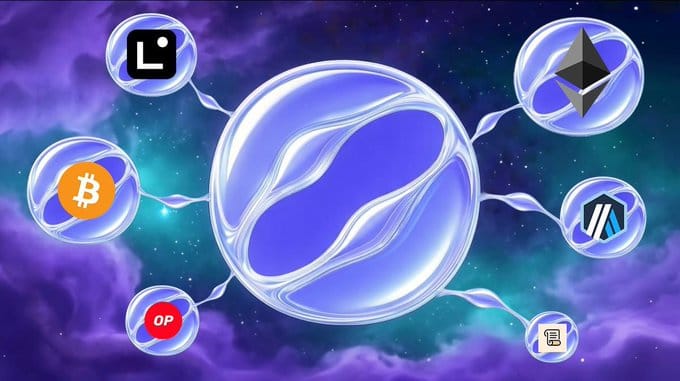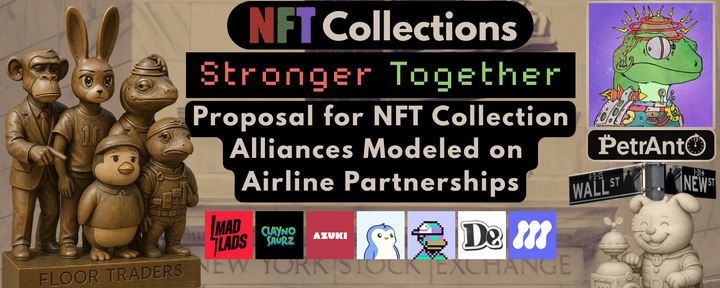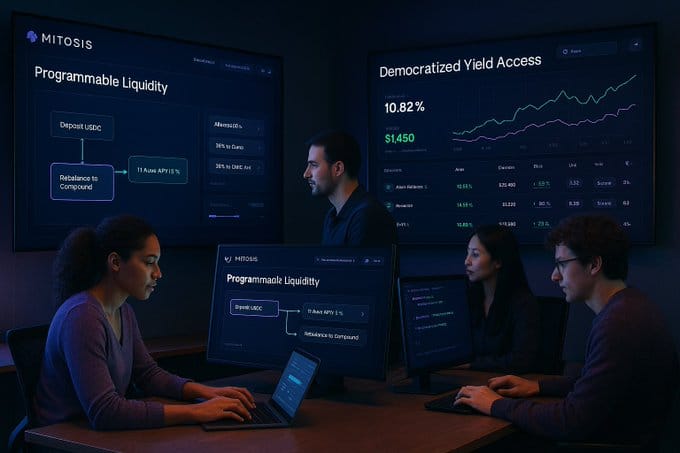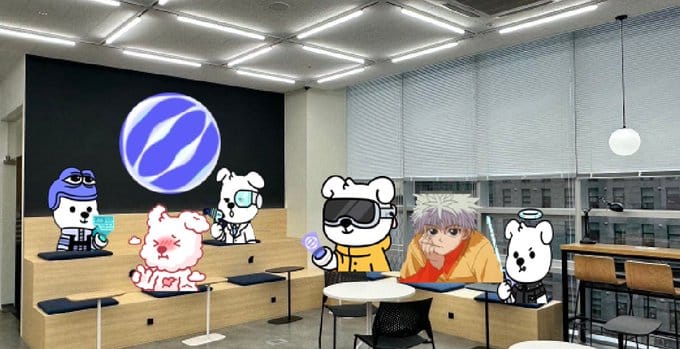“Redefining Remittances: USDT on Telegram and TON’s Global Payments Push”

it’s an old story, told a million times across borders and generations. A son, a daughter, a father—they leave home to find work, to build a better life for those they left behind. Their connection to family is a fragile, precious thing, and the lifeline they send back home—the remittance—is its most powerful symbol.
But for too long, that lifeline has come with a heavy tax. The process is a chore: a long walk to a money transfer office, a queue that stretches around the block, a form to fill out, and then the painful surprise of fees and poor exchange rates that eat away at every dollar. Then, the waiting—will the money arrive in time for the school fee deadline?
This is where the story needs a new chapter. It's not about making a transaction faster; it’s about making it feel human again.
A New Kind of Lifeline
Imagine if sending money home was as simple as sending a text message.
This is the promise of stablecoins like USDT on The Open Network (TON), a blockchain deeply integrated with Telegram. It turns the complex, stressful process of cross-border payments into a chat-native experience. The friction isn't just reduced; it's almost eliminated.
For a person in, say, Dubai, wanting to send money to a contact in the Philippines, the experience is radically different. Instead of a trip to a physical agent and a hefty fee, they open Telegram, find their family member in their contact list, and tap “send.” The money, as USDT, is sent instantly, with fees that are negligible or even non-existent.
Why does this feel so different? Because it lives in the same digital space where conversations and photos are shared. The tool for sending money is the same tool used for sending a "hello," a "thinking of you," or a "how are you?" The technology melts into the background, leaving only the connection.
This integration with Telegram isn’t just a convenience; it’s a global payments push rooted in a familiar and trusted environment. For the 900 million-plus people who already use Telegram, the on-ramp to this new financial system is already in their pocket. It’s a bank account that operates on a global chat app, without the need for a bank or a physical address. It’s an act of financial inclusion by design.
The Mitosis Twist: Money that Works
The real magic, however, lies in a new concept: payments that are not just cheaper and faster, but also more productive. This is where the plumbing of protocols like Mitosis comes into play.
Think of it this way: traditional payments are like cash. When you hand someone a bill, it’s just a bill. It doesn't do anything else until it's spent. A stablecoin remittance, in this new world, is more like a deposit in a smart savings account.
Mitosis provides the underlying infrastructure—the cross-chain, yield-enabled rails—that allow stablecoin liquidity to be put to work while it's in transit. This is "remittances + yield." When you send $100, the protocol can safely and automatically deploy that money into a low-risk, yield-generating strategy. The small bit of interest it earns isn't a lot, but it's more than zero.
The end-user doesn't see the complexity of these mechanics. They just see a transfer that is instant and costs nothing. But the system behind it is quietly adding a small return. That extra yield can offset the final cash-out fee, cover a small unexpected cost, or simply become a pleasant surprise. It shifts the psychology of a payment from a pure cost to a potential gain.
A Question for a New Era
The old system was transactional and cold. It was about fees, agents, and delays. The new system is about communication and connection. It’s a system where a single, familiar app can do everything from sending a picture of a newborn to sending the funds for their first pair of shoes.
It's a future where remittances aren't a chore, but just another part of the conversation. And it leaves us with a compelling question:
If sending a lifeline to your family could also help it grow, even just a little, would you make the switch?



Comments ()